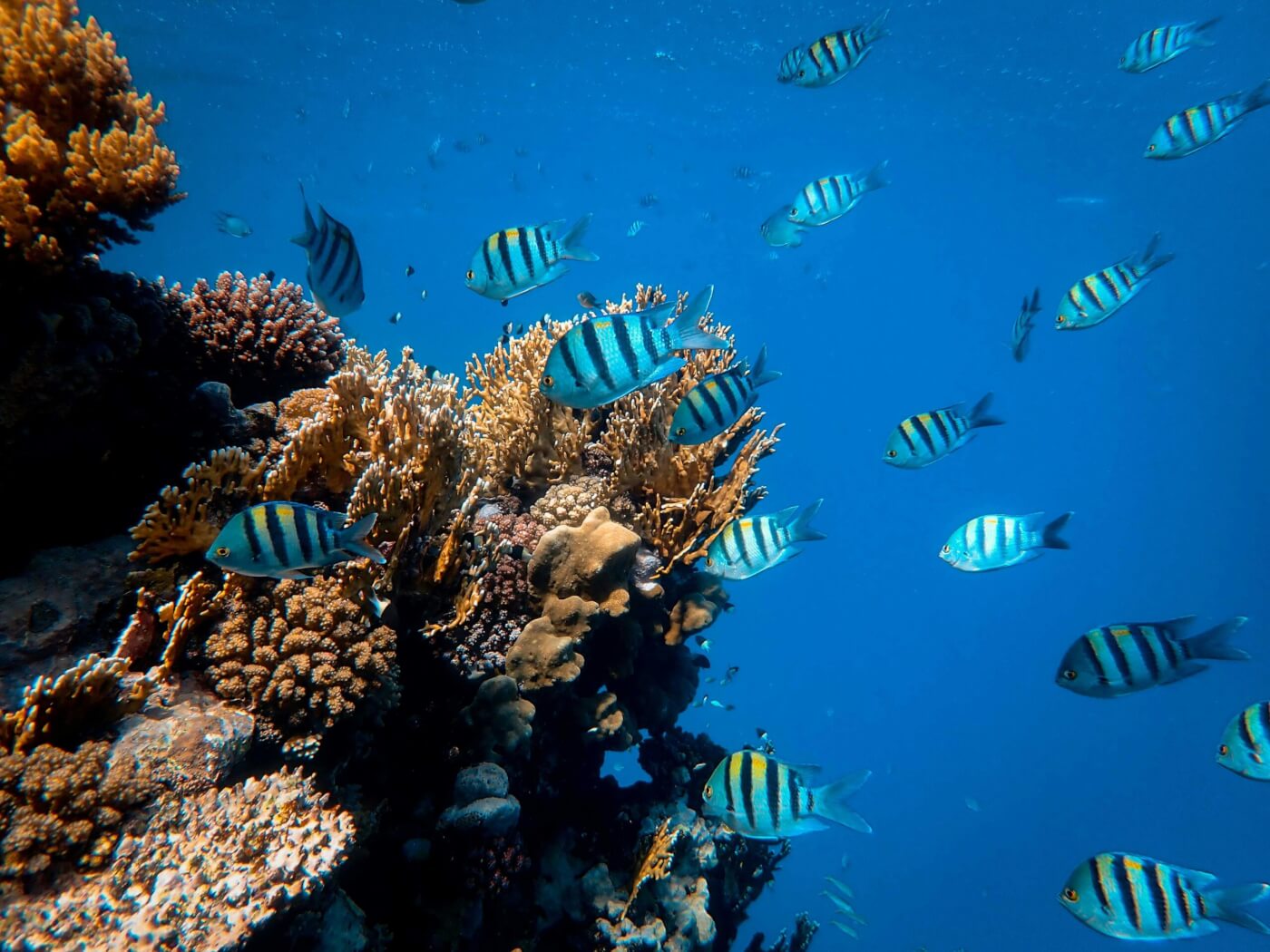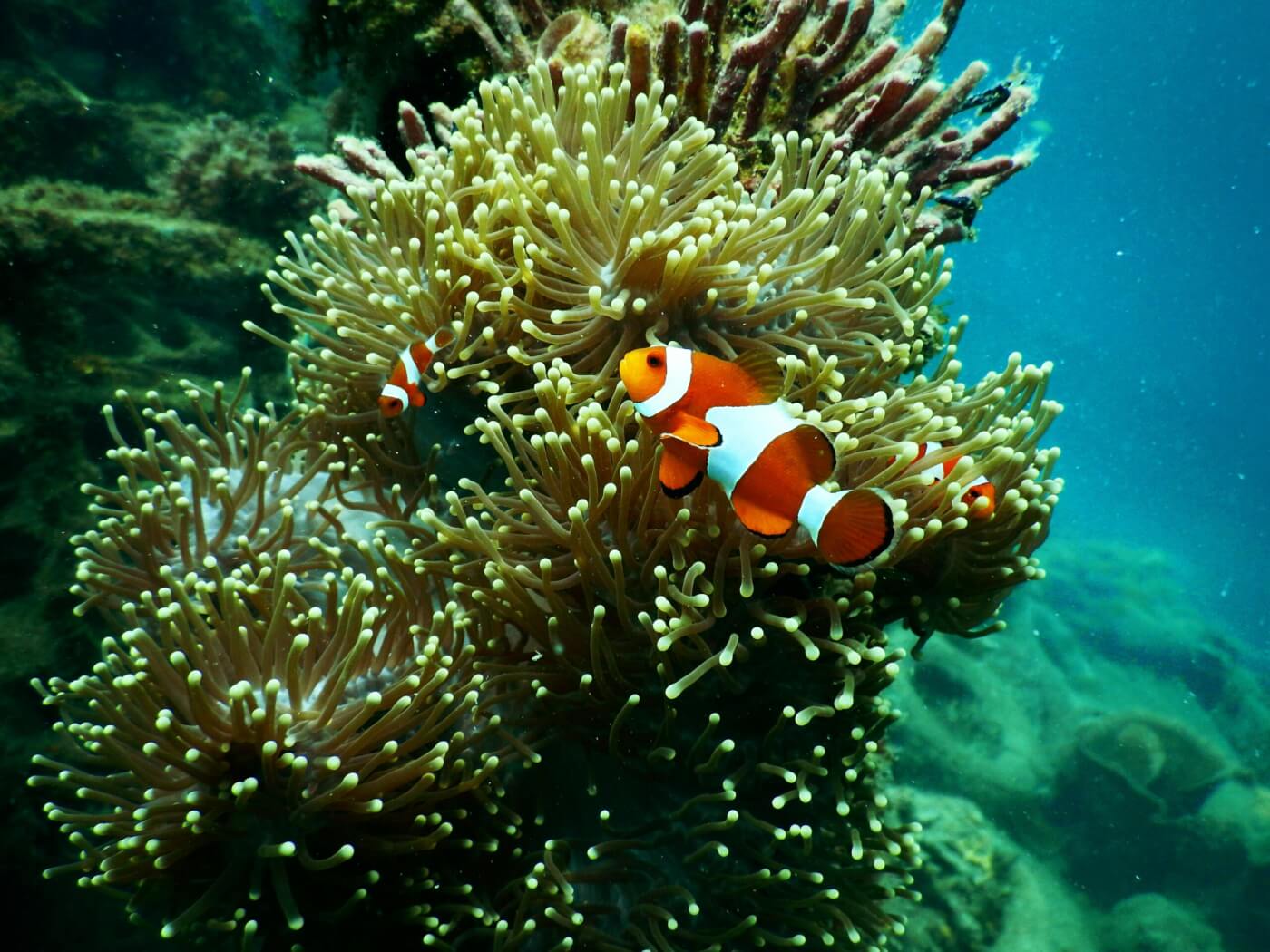
Lent is a great opportunity to deepen our spirituality as we reflect on the 40 days Jesus spent alone in the desert. As we approach Easter and prepare to celebrate his resurrection, we are reminded that he selflessly allowed himself to be tempted for 40 days in order to feel empathy for our human weaknesses and worldly desires.
Although Lent should be a season of compassion and sacrifice, some well-meaning yet uninformed church communities that observe it also hold weekly fish fries or encourage their members to eat fish every Friday during this period. We know much more about fish than we did in ancient times, and as stewards of God’s creation, we must do more to help protect them and end the practice of eating them.
Here are five terrific reasons not to include fish on your menu during Lent or any other time:
- Fish are sentient, just like humans and other mammals,and are every bit as capable of feeling a wide range of emotions and physical sensations as the dogs and cats we share our homes with. Scientists who study pain agree that the response to it in fish is essentially identical to that of mammals and birds. Despite this, billions of fish, each one an individual who doesn’t deserve to suffer for someone’s fleeting taste of their flesh, will be killed to temporarily sate humans’ appetites this year.
- Fish are highly intelligent, communicate with one another through their own language, build underwater gardens, and play with others. Some are devoted to their offspring, build secure beds for their babies, and have complex ways to transport their young from place to place.
- Fish are affectionate and enjoy physical contact, just like many humans and other animals with complex nervous systems. They’re often found cuddling one another, and some of them even offer friendly greetings to divers along with invitations to pet them!
- Eating fish isn’t healthy. Fish flesh contains cholesterol, just like chicken and beef, and some of it is high in fat. For example, 52% of the calories in salmon are from fat, as are almost a third of those in other fish, including catfish, swordfish, and sea trout. Fish flesh also contains toxic chemicals, including mercury, polychlorinated biphenyls, and other harmful contaminants that can contribute to the risk of developing cancer and nervous system disorders.
- Commercial fishing is a cruel industry in which fish endure agonizing deaths: They begin to suffocate the moment they’re yanked out of the water and are routinely cut open, gutted, and crushed to death. They have complex brains and have figured out ways to try to avoid being captured, but they’re usually no match for the massive nets thrown into the water from commercial fishing boats. And in addition to their target victims, other sea life, dismissively known as “bycatch,” is also scooped up in the nets. It’s estimated that at least 50 million such sea animals, including sea turtles, sharks, dolphins, and whales, are killed by commercial fishing each year, inflicting agonizing deaths on additional vulnerable sentient beings.
Are you ready to leave fish in the water, where they belong? Plenty of delicious vegan options are readily available. These days, supermarkets are filled with tasty substitutes for fish, shrimp, crab, and sushi. Click here to discover some of them, and be sure to try these scrumptious vegan fish recipes!
John 1:14 reminds us that Jesus “became flesh and made his dwelling among us.” He lovingly showed us empathy for our worries, fears, and pain. Let’s celebrate this season by doing the same for all animals, including fish, by leaving them off our plates.







